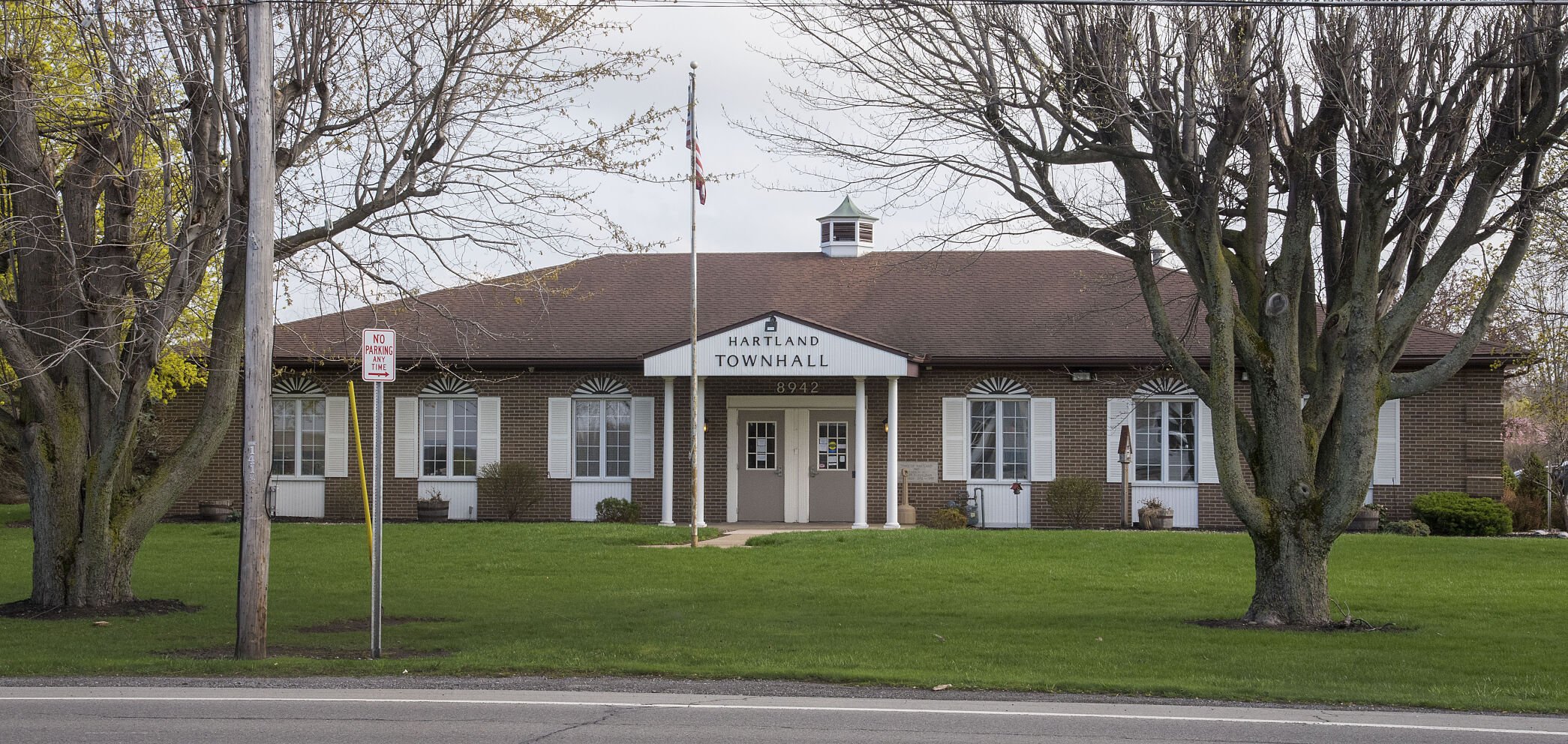Long-term care costs are rising rapidly, becoming a significant financial challenge for many Americans. As many as 60% of people will require assistance with daily activities like dressing and cooking at some point in their lives. However, there is a common misconception that Medicare covers long-term care expenses.
How Medicare Covers Long-Term Care: What’s Included and What’s Not

Understanding Long-Term Care and Medicare
Long-term care, also known as custodial care, includes both medical and non-medical services for individuals with chronic illnesses or disabilities. These services range from personal care assistance with daily activities, such as bathing and dressing, to adult day health care and home and community-based services. However, Medicare and most health insurance plans, including Medicare Supplement Insurance (Medigap), do not cover non-medical long-term care services.
What Medicare Covers
Skilled Nursing Facility Care
Medicare Part A covers skilled nursing facility care under specific conditions, such as after a qualifying three-day hospital stay. It pays for the full cost for the first 20 days of each benefit period, and then requires a daily coinsurance payment for days 21 through 100. Beyond 100 days, Medicare does not cover these costs. This coverage is limited to skilled care services and does not include custodial care.
Home Health Care
Medicare may cover home health care services if they are medically necessary and prescribed by a doctor. This includes part-time skilled nursing care and physical therapy. However, Medicare does not cover 24-hour care at home or assistance with activities of daily living like bathing or dressing. Medicare’s coverage for home health services is limited and does not extend to long-term care needs.
Hospice Care
For individuals who are terminally ill, Medicare covers hospice care services under Part A and Part B. This includes medical and support services for patients with a life expectancy of six months or less. However, Medicare does not cover room and board if hospice care is provided at home or in a nursing home.
What Medicare Does Not Cover
While Medicare covers certain medical services, it generally does not cover custodial care, which is non-medical care that helps individuals with daily activities. This means Medicare does not cover long-term nursing home care, assisted living, adult day programs, or daily custodial care. Additionally, Medicare does not cover services like routine physical exams, most dental care, eye exams for prescription glasses, or hearing aids.
Alternatives to Medicare for Long-Term Care
Medicaid
For individuals with limited income and resources, Medicaid may cover long-term care services. Medicaid programs vary by state and have specific eligibility requirements. Even if you haven’t previously qualified for Medicaid, you may become eligible for nursing home coverage after spending down your assets. It’s important to verify if the nursing home accepts Medicaid, as not all facilities do.
Long-Term Care Insurance
Purchasing a long-term care insurance policy can help cover the costs of extended care, including assisted living facilities, nursing homes, and in-home services. These policies are designed to provide financial reimbursement for custodial care. It’s advisable to purchase such a policy early, as premiums increase with age, and availability may be limited for those with pre-existing conditions.
Personal Savings and Other Options
Some individuals may choose to pay for long-term care out-of-pocket using personal savings, trusts, annuities, or reverse mortgages. Planning ahead and setting aside funds specifically for long-term care can help offset future expenses.
Veterans Benefits
The U.S. Department of Veterans Affairs may cover some long-term care costs for qualifying veterans who need care for service-related conditions.
Planning Ahead
As the costs of long-term care continue to rise, it’s crucial to plan ahead. Early planning is essential to ensure you receive the necessary care in your preferred setting. Exploring options like long-term care insurance, Medicaid eligibility, and personal savings strategies can help prepare for the financial challenges of long-term care.
Conclusion
While Medicare provides essential health coverage for seniors, it does not cover most long-term care services. Understanding what is and isn’t covered by Medicare is vital in planning for future care needs. By exploring alternatives and planning ahead, you can take proactive steps to ensure you have access to the long-term care services you may need.











